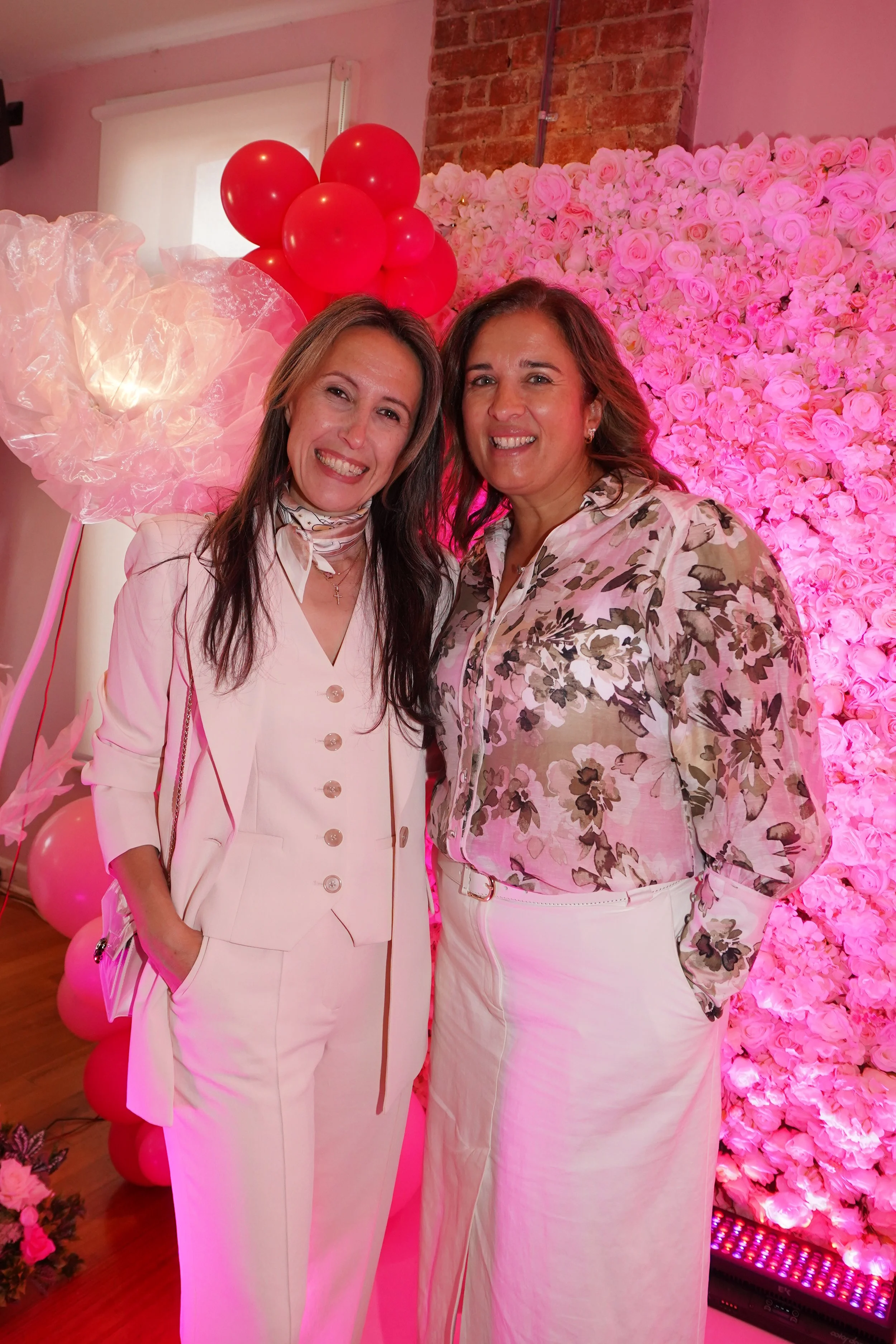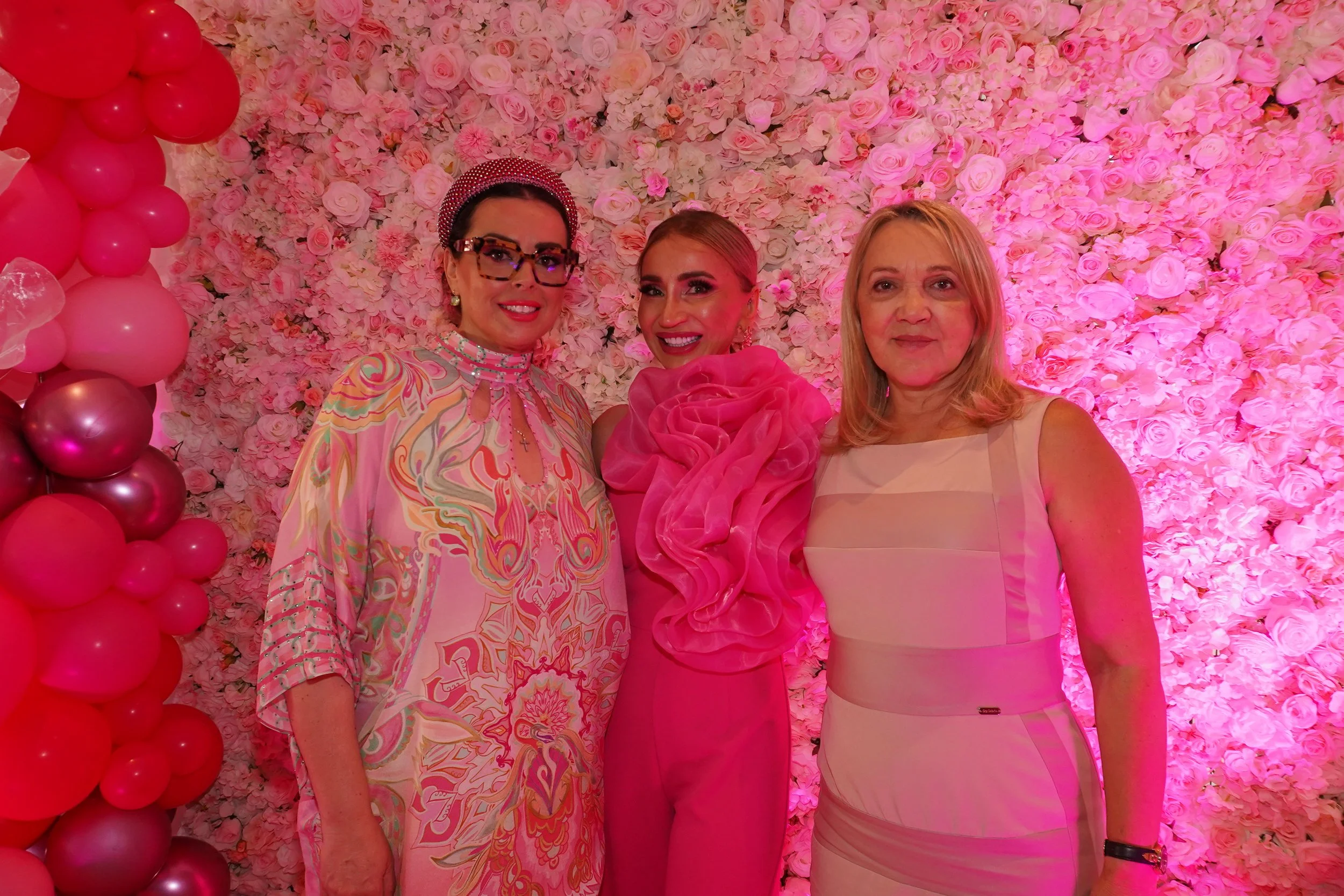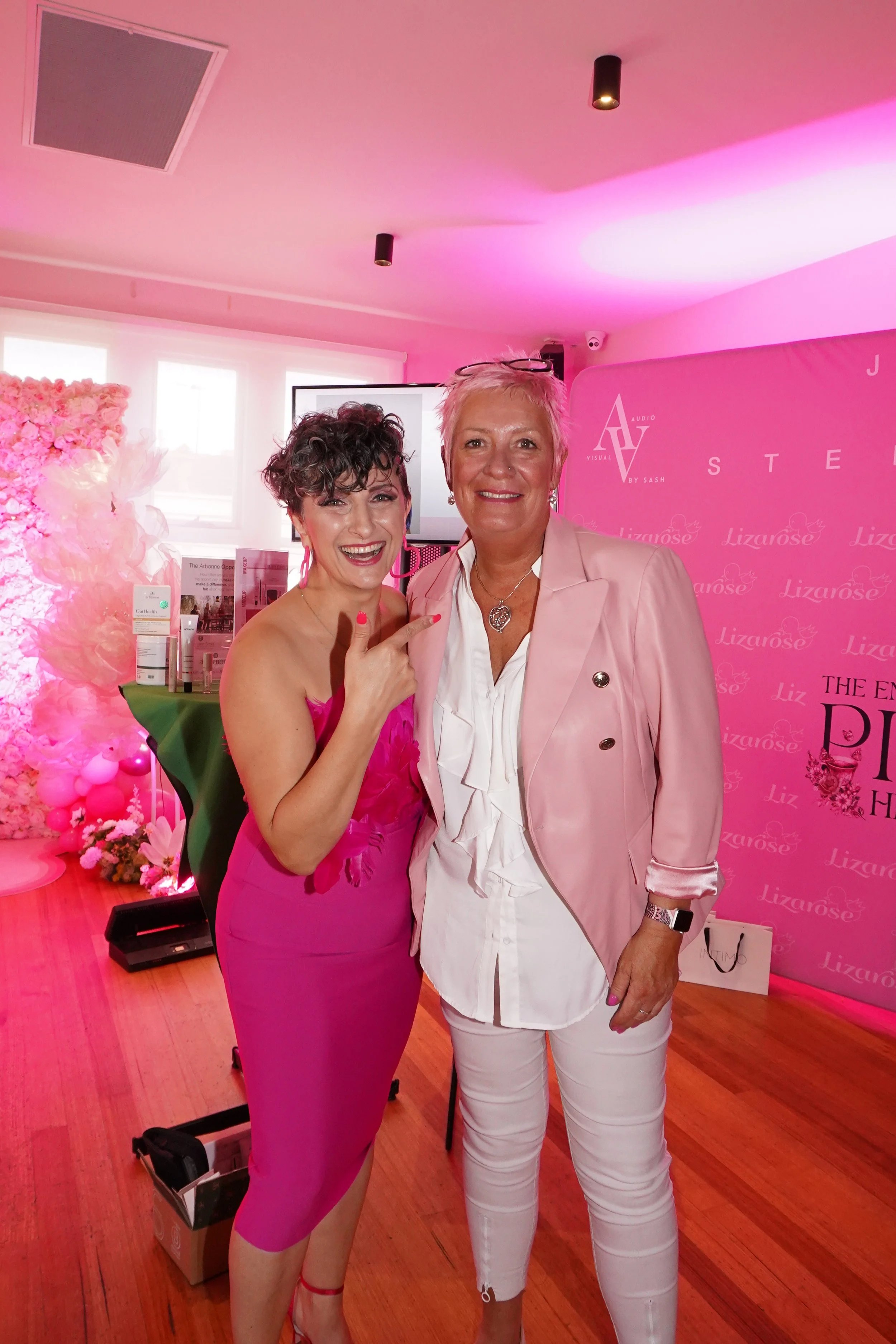Event Management
-
Event management is the process of planning, organizing,
and executing events, ranging from corporate gatherings
and conferences to weddings and festivals. This multifaceted discipline involves a variety of tasks and skills to ensure successful and memorable experiences. Key components of event management include:1. Planning and Strategy: Developing a comprehensive event plan that outlines goals, objectives, themes, and timelines. This includes budget management and resource allocation.
2. Venue Selection: Identifying and securing appropriate venues that align with the event's purpose, size, and budget, while considering location, accessibility, and amenities.
3. Logistics Coordination: Managing the logistical aspects of the event, including transportation, catering, audiovisual needs, seating arrangements, and equipment rentals.
4. Vendor Management: Collaborating with various vendors, such as caterers, florists, decorators, and entertainment providers, to ensure all aspects of the event are executed smoothly.
5. Marketing and Promotion: Creating promotional materials and marketing strategies to attract attendees and generate interest, which may include social media campaigns, email newsletters, and press releases.
6. On-Site Management: Overseeing the event on the day-of, ensuring that everything runs according to plan. This involves coordinating staff, troubleshooting issues, and managing the schedule.
7. Guest Experience: Focusing on the attendee experience by providing excellent service, engaging activities, and a comfortable environment to create lasting memories.
8. Post-Event Evaluation: Analyzing the event's success through feedback, surveys, and performance metrics to identify areas for improvement for future events.
9. Risk Management: Identifying potential risks and developing contingency plans to address unforeseen challenges, ensuring the safety and success of the event.
10. Sustainability Practices: Implementing eco-friendly practices and considerations to minimize the environmental impact of the event.
Overall, event management combines creativity, organization, and attention to detail to deliver seamless events that meet the client's objectives and exceed attendee expectations.
-
Floral artistry and styling is a creative discipline that involves the design, arrangement, and presentation of flowers and other botanical elements to enhance aesthetics in various settings. This art form is often used in events, weddings, home decor, and commercial spaces. Key aspects of floral artistry and styling include:
1. Design Concepts: Developing unique floral design concepts that reflect the client's vision, theme, and style. This includes selecting color palettes, flower types, and arrangement styles.
2. Floral Arrangements: Creating stunning arrangements for various occasions, such as bouquets, centerpieces, corsages, and floral installations, using a combination of fresh, dried, or artificial flowers.
3. Styling for Events: Collaborating with event planners to design cohesive floral decor that complements the overall theme and atmosphere of weddings, corporate events, and parties.
4. Seasonal and Local Sourcing: Utilising seasonal and locally-sourced flowers to ensure freshness, reduce environmental impact, and support local growers.
5. Conceptual Installation: Designing large-scale floral installations or backdrops that serve as focal points in venues, enhancing the overall ambiance and aesthetic appeal.
6. Color Theory and Composition: Applying principles of color theory and composition to create harmonious and visually striking arrangements that evoke specific emotions and responses.
7. Personalization: Tailoring floral designs to reflect the individual tastes and personalities of clients, ensuring a unique and memorable experience.
8. Maintenance and Care: Providing guidance on the care and maintenance of floral arrangements to maximize their longevity and beauty.
9. Branding and Marketing: For businesses, floral artistry can be part of branding efforts, incorporating flowers into promotional events, storefront displays, and corporate gifting.
10. Workshops and Education: Offering workshops and classes to teach individuals and groups about floral design techniques, encouraging creativity and hands-on learning.
Floral artistry and styling not only beautify spaces but also convey emotions and enhance experiences, making it a vital component in celebrations and environments alike.
-
Introducing PINK Angel Liza, the floral fashionista! Master of all things blooming and beautiful, and the brains behind the fabulous PINK High Tea fundraiser.
Passionate about championing with local communities, shining a spotlight on health and well-being, with a special focus on breast cancer awareness.

































